Introducing Transforming Conflict - a new set of offerings from Bloom
This year we are excited to launch Transforming Conflict - a new set of offerings that includes customized facilitated processes for supporting your workplace as well as a training program, Do Conflict Better, to develop skills and capacity building in navigating conflict.
We deeply believe that the work of our times is connected to building bridges across differences and equipping ourselves to work in participatory ways to navigate the complex and pressing realities we face. We see learning to be more skilled in navigating conflict as an essential human skill to improve the quality of our lives and our shared work. We believe it’s a skill that everybody can and ought to learn.
Transforming Conflict as a set of offerings, is the coming together of over a decade of our experience and training as facilitators, mediators and coaches working with interpersonal and group conflict. It is the culmination of seeing how conflict, when unresolved, is a barrier for groups to achieve their visions and doing work collaboratively. Additionally, unresolved conflict is a common obstacle to creating equitable, diverse and inclusive organizations. Depending on how we navigate conflict, it can pull us apart or bring us together.
Conflict: An opportunity to get closer
At Bloom, we believe that conflict can be a generative force that invites us to grow and expand our perceptions of the world through the perspective of another. We see conflict as the meeting of difference, a neutral (not necessarily good or bad) and natural phenomenon. In our shared work, we will inevitably bump up against our differences, and when we have containers, tools and processes that support us to slow down, listen and dialogue, we can support the emergence of a higher intelligence that is co-created across multiple perspectives. This is critical if we are seeking to create the conditions for wellness, diversity, equity and inclusion.
How we navigate conflict determines the impact it will have on us personally and collectively. Conflict without restoration can lead to a breakdown in relationships, seeding of mistrust, and a lack of psychological safety in an organization or community. Unresolved, conflict can ripple out and affect the entire organization, partnerships and wider community. Drawing from the wise words of Sobonfu Somé, we believe that conflict is the spirit of the relationship asking itself to deepen. Conflict unearths deeper relational dynamics and illuminates what needs to be tended to. When we draw on a restorative approach to conflict, we build cultures that are more connected and trusting, collaborative and healthy.
Transforming Conflict: Our Offerings
Our conflict transformation offerings, seek to support people in an empowering approach to:
Mitigate conflict - building capacity and organizational readiness in transforming conflict and working across differences through effective communication,
Intervene in moments of acute conflict through conflict mediation
Transform conflict situations that are implicit/hidden and impacting organizational health and capacity through a combination of methods including 1:1 conversations, focus groups and talking circles;
Restore trust and relationship after conflict or a formal “workplace investigation” has occurred.
How is this Approach Transformative?
We are trained in Dialogue for Peaceful Change, a restorative methodology and toolkit developed by practitioners working in national and international conflict settings around the world. Drawing from this long lineage of work and experience, and building upon it, our approach seeks to support people to understand the roots of conflict and find their own creative solutions to address these root causes. Guided by our principles and the TIDES model (see below), we support people to find solutions that work towards transformation, interdependence, respect for diversity, setting in place systems for equity, and sustainability.
All of our work at Bloom seeks to move towards building beloved communities across differences, a vision seeded by Dr. Martin Luther King Jr. We are humbled to support organizations in navigating conflict more consciously and generatively, and believe it connects to wider healing of divides across our human family. We dream of group cultures where we are on learning and unlearning journeys to center love, radical inclusion and co-liberation. Where a deep sense of belonging can exist and everyone’s authentic whole self is welcome and each diverse perspective included, alongside the tools to navigate the real and complex tensions that arise as our diversities meet. Where there is no ‘us and them’, just us. This is our wild dream.
Note: The TIDES Model belongs to Dialogue for Peaceful Change. Developed by Colin Craig in 1997 in Northern Ireland in the context of reconciliation. The model draws on the work of Karin Eyben, Derrick Wilson and Duncan Morrow of the University of Ulster as part of their work in Northern Ireland. We will share more about this methodology in an upcoming blog that breaks it down in full.
